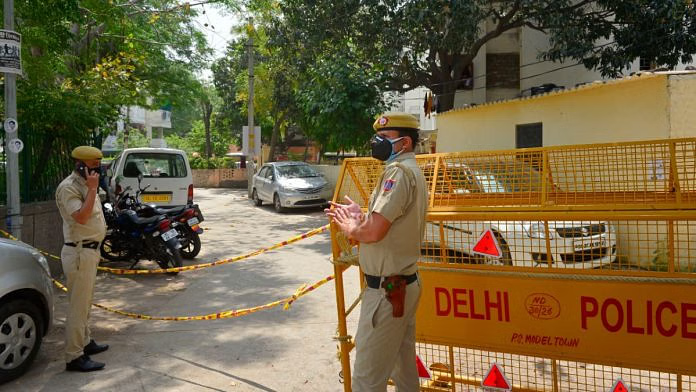Now Reading: Bengaluru Cops Struggle to Trace Kidnappers Who Used Advanced IP Masking
-
01
Bengaluru Cops Struggle to Trace Kidnappers Who Used Advanced IP Masking
Bengaluru Cops Struggle to Trace Kidnappers Who Used Advanced IP Masking

In a case that has left cyber experts and law enforcement scratching their heads, kidnappers in Bengaluru managed to evade police tracking by using advanced IP masking techniques. The incident highlights a growing challenge for authorities—criminals who are increasingly tech-savvy and harder to catch through traditional digital tracking methods.
The Case That Raised Alarms
A man from Bengaluru was recently kidnapped, and his family received ransom messages from unknown numbers. But what baffled investigators was that every attempt to trace the IP address of the messages hit a dead end. The abductors had carefully masked their online presence using layers of encryption and IP cloaking tools, including VPNs and anonymous communication platforms.
For the police, it was a wake-up call. While cybercrime cells are used to tracking digital footprints, this level of sophistication was unexpected in a kidnapping case.
How IP Masking Complicates Investigations
IP masking allows users to hide their actual location by rerouting internet activity through various servers across different countries. In this case, the kidnappers reportedly used multiple layers of anonymization, making it nearly impossible to trace them through the usual digital forensics methods.
What makes this especially worrying is that these tools are often free and widely available. In Tier 2 cities, where both awareness and regulation around cybercrime remain limited, this kind of digital trickery can give criminals a huge edge.
Tech Crime Reaches Street-Level Offences
Until recently, cybercrime was seen as something separate from traditional crimes like kidnapping or extortion. But cases like this show how quickly that gap is closing. Even in non-metro regions, kidnappers and extortionists are adopting methods once associated with online scams or darknet activity.
For local police stations with limited digital training, this shift adds pressure to adapt quickly. As crime evolves, so must the tools and training of those trying to stop it.
The Road Ahead: Smarter Policing, Better Preparedness
Cyber experts are now urging law enforcement agencies across the country to scale up their capabilities. This means training personnel not just in digital tools but also in understanding how online behavior blends into real-world crimes.
The incident in Bengaluru has sparked conversations about upgrading surveillance methods, expanding coordination between cyber cells and local units, and involving private digital experts when needed.
Conclusion
The Bengaluru kidnapping case isn’t just a one-off—it’s a sign of what’s coming. As more criminals blend physical crime with digital anonymity, cities big and small will need smarter, faster responses. For families and law enforcement alike, safety now depends not just on boots on the ground, but on eyes in the network.

























